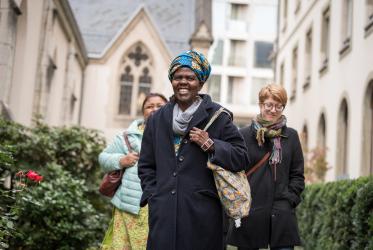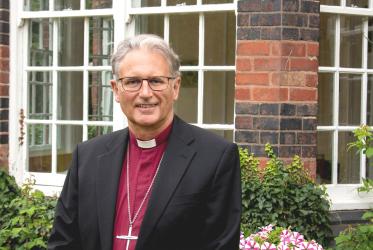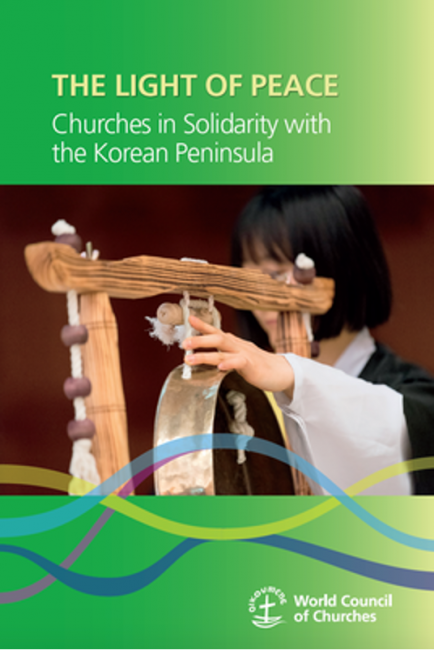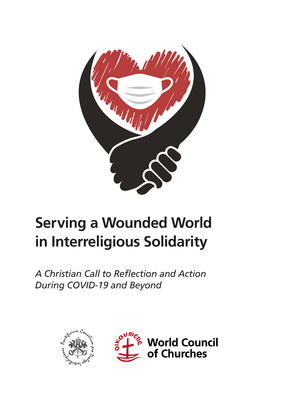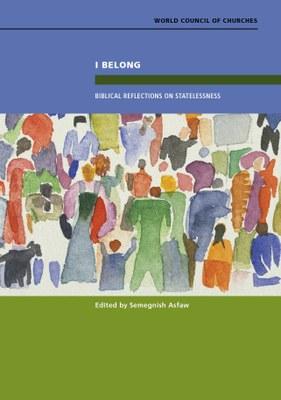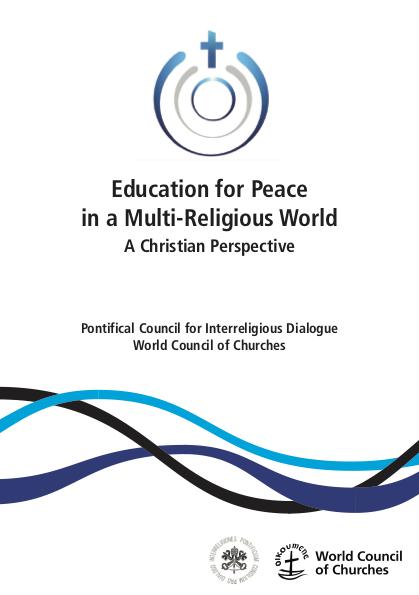Displaying 41 - 60 of 69
“Coventry Cathedral continues to speak a word of hope to the world”
10 December 2020
Serving a Wounded World in Interreligious Solidarity
A Christian Call to Reflection and Action During COVID-19 and Beyond
25 October 2020
I Belong: Biblical Reflections on Statelessness
Biblical Reflections on Statelessness
12 October 2020


